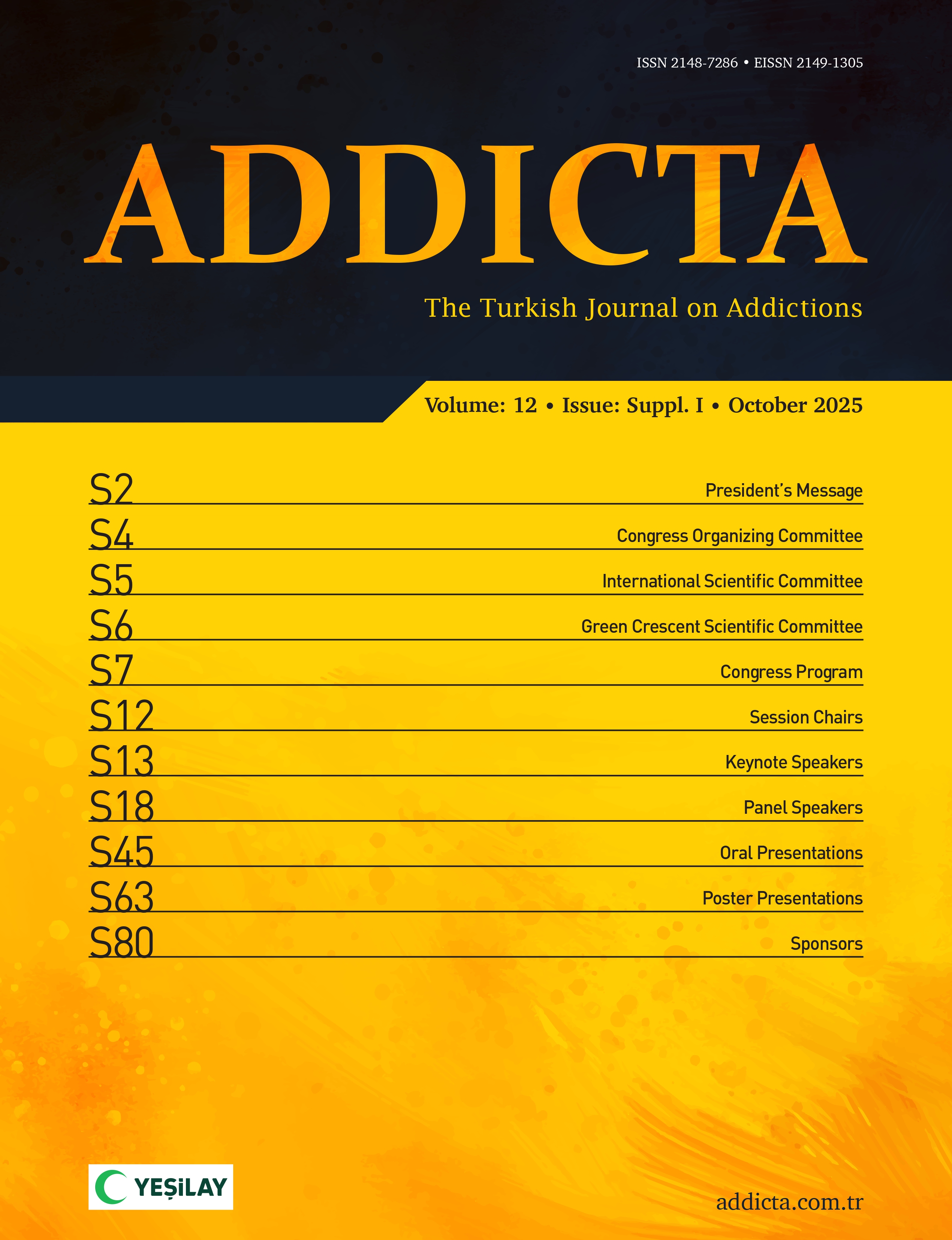This study investigates the phenomenon of online gambling among university students, focusing on its underlying factors and the negative consequences it entails. At a Turkish government university, a total of 40 students have confessed to engaging in online gambling. The inquiry utilized the methodology of phenomenology. The results were derived from a process of content analysis. The analysis involved tabulating the codes, sub-themes, and themes according to the research sub-problems. The interpretation was based on direct quotes. The participants devoted an average of 1–2 hours each day to participating in online gambling platforms at least once a week, ranked by frequency. Typically, participants utilize smart phones to access appropriate platforms and show a preference for slot machines and iddaa/match betting. Research indicates that individuals who engage in both legal and criminal online gambling sites are driven by social motivations, the thrill of the activity, and the aspiration to generate income. Ultimately, the research concluded that engaging in online gambling leads to bodily ailments, the compulsion to conceal it from loved ones, feelings of sorrow or discontentment due to financial losses, and detrimental impacts on social relationships.
Cite this article as: Gezgin, D.M., Hamutoğlu, N.B., & Atabay, E. (2025). Examining university students’ opinions on online gambling behaviors, motivations and negative effects: A qualitative analysis study. Addicta: The Turkish Journal on Addictions, 12(2), 236-250.

.png)

.png)
.png)
